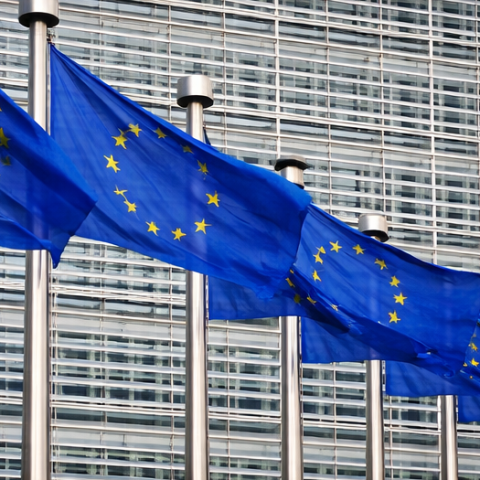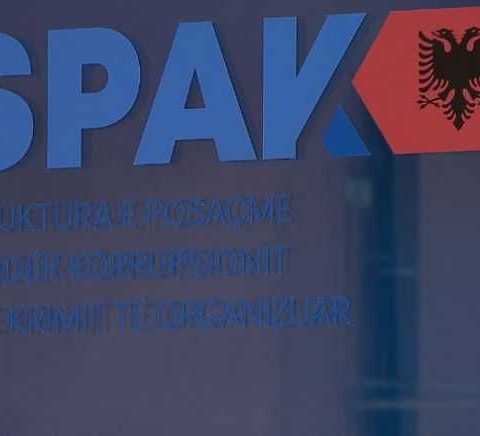TIRANA, July 25, 2024 – Albania’s two largest political parties — the ruling Socialist Party and the main opposition Democratic Party — have reached a deal to make significant changes to the country’s electoral code ahead of next year’s parliamentary elections.
Key changes include only partially opening candidate lists so voters have a limited choice in selecting which party candidates make it into parliament and enabling postal voting for Albanians abroad. The changes were partially mandated by rulings of the Constitutional Court.
The electoral reform has been received with criticism by experts as not going far enough to allow voters to have a larger say on their representatives in parliament..
-Party leaders still hold decisive role on MP selection-
The agreement establishes that two-thirds of the candidate lists will be open for preferential voting, while one-third will remain closed — meaning will be chosen by party leaders as has been mostly the case since 2008 for all MPs. But the changes mean voters can choose their preferred candidates from a list.
Despite theoretical openness, the new method significantly favors candidates from the fixed list, effectively keeping lists closed concerning the number of mandates for each electoral zone. Specifically, each political party will have two lists in each county: one list chosen by the party leader that does not change as the candidates on that list do not enter the race, and another list of candidates selected by the voters.
Translated into numbers, a little over 100 deputies will be determined by the party leaders and will not change, while fewer than 40 seats will be chosen by the voters.
-Parties’ reps say solution not perfect, but democratic-
Faced with questions about why the opposition DP agreed to the truncated changes after saying it was fighting for more open lists, its key MP on electoral reform, Oert Bylykbashi, said the outcome was not perfect, but it was far better than the previous system.
Even-though the agreement does not correspond to our request to make the closed list to be even smaller, it was a compromise formula and conditioned to be an effective way to have gender balance in representation as much as possible, Bylykbashi said in a press conference.
Ruling SP MP Arben Pellumbi said the electoral code is not perfect, but democratic.
“What’s important today is that we gave a solution for the rulings of the Constitutional Court. In all cases, it is the party that serves as a subject between the voters and power. That’s how democracy works,” Pellumbi told journalists outside parliament.
Proponents of keeping the lists closed have pointed out that experiments with partial opening in the past have resulted in wealthy businessmen and other candidates with shady backgrounds propelling themselves ahead in races through vote buying and voter intimidation. Keeping lists closed, they argue, allows parties to have more intellectuals and women in parliament.
-Experts skeptical about outcome-
Experts argue that this closed list segment serves the personal interests of top politicians and demonstrates the major parties’ lack of commitment to fully open and democratic elections.
Kristaq Kume, head of the Institute for Electoral Systems, notes the changes don’t go far enough.
“This stance expressed in the bipartisan agreement primarily serves personal interests. I refer to the interests of party leaders, party leadership, and those with power in the party who want to secure their mandates,” Kume said in a recent interview.
Independent election observers also point out that these changes do not address key recommendations from OSCE/ODIHR regarding election improvements and the avoidance of previously identified violations. These issues include abuse of state resources, political party financing, voter intimidation and the use of the administration during elections
-Albanians abroad will be able to vote, but with some barriers-
The opportunity for Albanians abroad to vote by mail is seen as the most significant innovation in the upcoming elections, especially considering that nearly half of the voters do not reside in Albania.
Those residing abroad will have to register in an online registration form, declare their permanent address abroad and receive a ballot by mail which they will have to return by mail to Albania’s Central Election Commission. Only those who register will be able to vote and the votes will be counted in Albania.
However, experts stress that these procedures need further refinement to ensure that not only can Albanians vote from abroad, but they are also adequately represented in the legislative process.
“Finally, the agreement to realize this, as the Constitutional Court demanded, should be welcomed because in the 2025 elections, we will be among the countries that allow their citizens to vote without physically being present at the polling station,” Kume said.
Experts note that negotiations between major parties, conducted away from other interested parties seeking constructive dialogue, often result in last-minute, unexpected outcomes full of doubts and not publicly debated, where the distinction between party and state remains unclear, undermining democratic principles for free elections and functional, consolidated democratic institutions.










